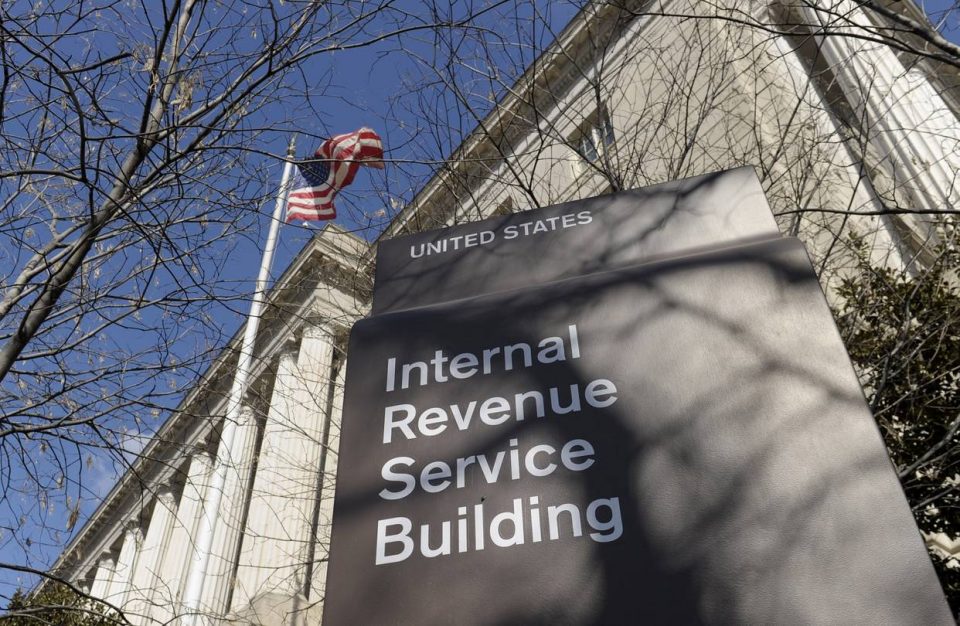The high court’s Chevron ruling adds a new dimension to calls for a clear transition framework.
The Internal Revenue Service faces mounting pressure to clarify cannabis tax rules, as a key Supreme Court decision threatens to upend the agency’s interpretative authority and rescheduling looms large over the industry.
The American Institute of CPAs in a letter this week urged the U.S. Treasury Department and the IRS to provide advance guidance for the industry’s transition away from 280E restrictions, including a decision on retroactive relief for the full tax year when rescheduling occurs.
“Since the beginning of the decriminalization and legalization of marijuana across a growing number of states, cannabis businesses and their CPAs have struggled to walk the tightrope of an industry that is locally legal, but federally illegal,” said Melanie Lauridsen, AICPA’s vice president of tax policy and advocacy.
The push comes as legal experts suggest the Supreme Court’s recent Chevron ruling could fundamentally alter how cannabis tax rules are interpreted. Jennifer Benda, a cannabis tax attorney at Holland & Hart, said the decision means courts no longer have to defer to IRS interpretations of the provision blocking marijuana businesses from taking standard deductions.
“Without Chevron deference, I would expect a court to independently determine whether or not this statement is correct,” Benda told Green Market Report, referring to a recent IRS notice maintaining 280E restrictions until rescheduling is complete.
While new IRS guidance may not be subject to such deference under the ruling, “assuming that guidance is favorable because it removes uncertainty, the taxpayers impacted are unlikely to seek to overturn that guidance,” Benda noted.
The IRS, on the other hand, is doubling down on enforcement plans. Senior Counsel Luke Ortner told accountants at an AICPA conference in Denver in August that the agency could begin seizing cannabis inventory to satisfy tax debts post-rescheduling – a marked shift from its historical approach.
Getting ahead of rescheduling
The AICPA’s recommendations are in response to this opening salvo and provides specific transitional issues that are anticipated to arise as the cannabis industry transitions out of the onerous consequences of section 280E,” Benda said, referring to the June IRS notice and the Department of Justice’s May proposal to reschedule marijuana.
At its crux is a call for full-year deduction allowances when rescheduling occurs to avoid what the AICPA warned could become “artificial behaviors” and unnecessary risks from mid-year tax status changes.
For example, if a cannabis business incurred $200,000 in normally deductible expenses (such as rent, professional services and payroll taxes) during the first three quarters of 2024 and another $100,000 in the fourth quarter when rescheduling takes effect, the group suggested the business should be allowed to deduct the full $300,000 for the year rather than just expenses after the effective date.
“Implementing accounting changes to a business in the middle of its tax year has the potential to cause significant compliance issues, which leads to confusion, unnecessary complexity, and increased tax administration expenses,” the AICPA wrote in its letter to Treasury Secretary Janet Yellen and IRS Commissioner Daniel Werfel.
The organization also called for guidance on complex technical issues around transitioning away from 280E, such as accounting method changes, partnership basis calculations and depreciation treatment. A key proposal includes establishing a voluntary disclosure program for businesses that may have already claimed deductions thinking 280E didn’t apply.
The stakes are significant: The provision currently requires cannabis companies to pay effective tax rates of 70% or higher by blocking standard business deductions. However, some businesses aren’t waiting for the smoke to clear, despite explicit warnings from the IRS. Trulieve Cannabis Corp., for example, secured $113 million in tax refunds earlier this year.
“It’s imperative that the federal government’s tax administration bodies provide guidance to these profitable businesses and their advisors in advance of the rescheduling of marijuana to help ensure a clear understanding of their federal tax obligations and mitigate noncompliance,” Lauridsen said.
H/T: www.greenmarketreport.com



